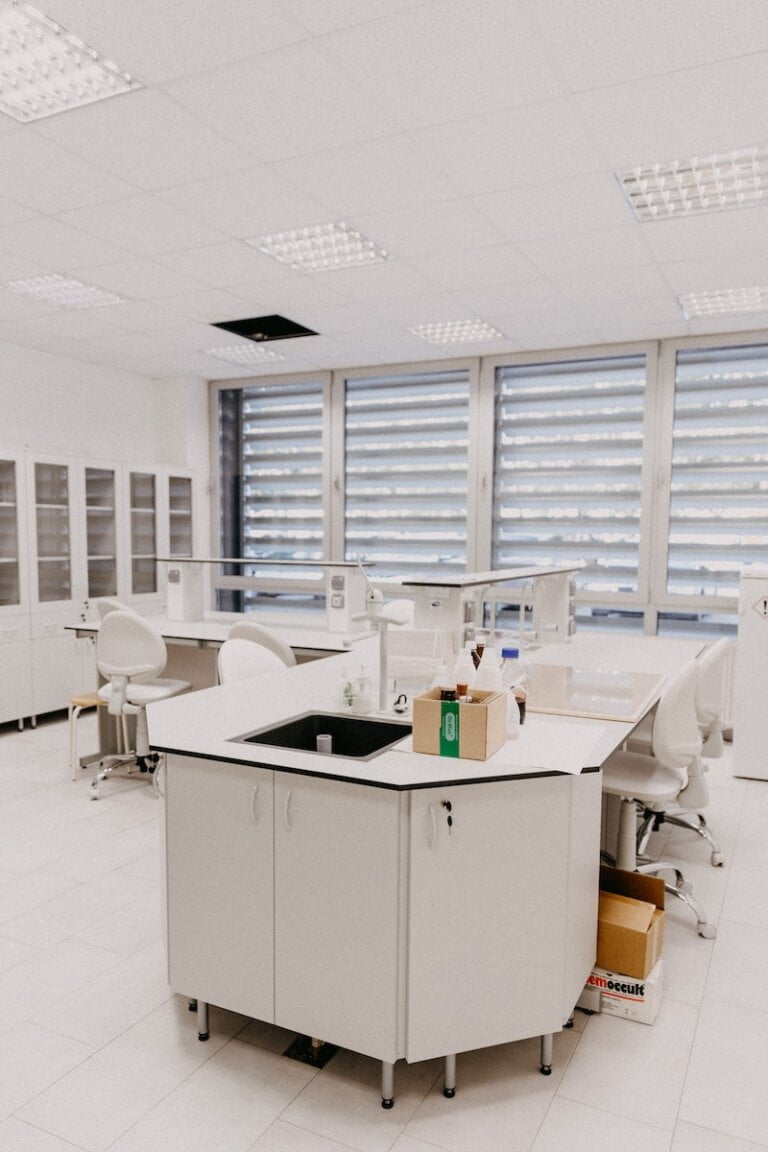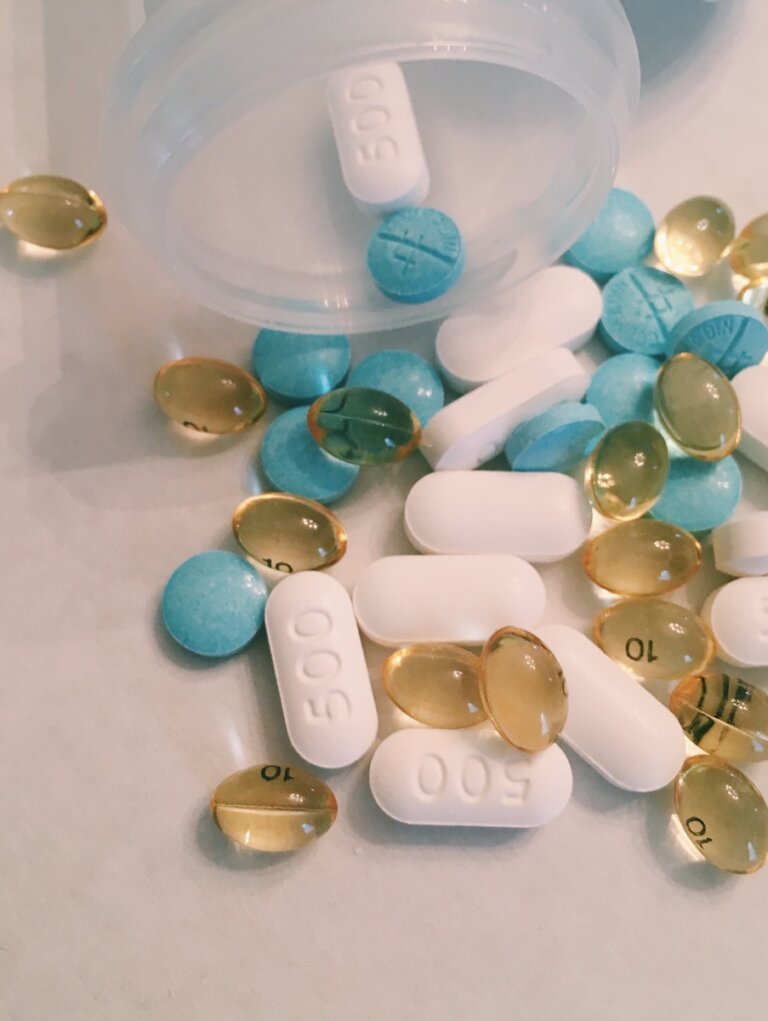Restoring the Balance: Effective Ways to Combat Dryness in Your Ears
Dryness in the ears can be an uncomfortable and bothersome condition that affects many people. It can lead to itchiness, irritation, and even pain. If left untreated, it may also increase the risk of infections and other complications. Fortunately, there are various effective ways to combat dryness in the ears and restore the delicate balance of moisture. In this article, we will explore these methods and provide you with helpful tips to keep your ears healthy and hydrated.
Understanding the Causes of Dryness in the Ears
Before delving into the solutions, it’s essential to understand the causes of dryness in the ears. Several factors can contribute to this condition, including:
- Lack of moisture: Dry environments, such as low humidity or excessive air conditioning, can strip the ears of their natural moisture, leading to dryness and discomfort. To combat this, consider using a humidifier at home, particularly during the winter months when the air tends to be drier. This will help restore moisture not only to your ears but also to your nasal passages and throat.
- Excessive earwax: When earwax accumulates and hardens, it can create a barrier that hinders the natural lubrication of the ear canal. To prevent this, avoid excessive cleaning of your ears, as it can remove the natural oils that keep them moisturized. Instead, gently cleanse the outer ear with a damp cloth and let the earwax naturally migrate out of the ear. If you have persistent dryness or excessive earwax, you can use over-the-counter ear drops that contain mineral oil or glycerin. These can help lubricate the ear canal and alleviate dryness. Another alternative is applying a few drops of warm olive oil into the affected ear, as it can also provide relief.
- Allergies: Allergic reactions can cause inflammation and dryness in the ears. If your dryness in the ears is caused by allergies, it’s essential to manage them effectively. Consult with an allergist to identify the specific triggers and develop a treatment plan. Avoiding allergens and using prescribed medications, such as antihistamines, can help reduce inflammation and prevent dryness.
- Frequent exposure to water: Prolonged contact with water, whether from swimming, bathing, or even excessive showering, can disrupt the moisture balance in the ears. To prevent excessive drying of the ears, limit your exposure to water. If you enjoy swimming, consider using earplugs or a swim cap to protect your ears from prolonged water exposure. After swimming or showering, make sure to dry your ears gently using a soft towel.
- Certain medications: Some medications, such as antihistamines or diuretics, can have drying effects on the body and potentially affect the moisture levels in your ears. If you are taking such medications and experiencing dryness in your ears, it’s important to consult with your healthcare provider. They can evaluate your medication regimen and suggest alternative options if necessary.
Effective Ways to Combat Dryness in Your Ears
To combat dryness in your ears and restore moisture, try incorporating these effective strategies into your daily routine:
1. Keep the Air Moist
Maintaining a humid environment is crucial for preventing dryness in the ears. Consider using a humidifier at home, particularly during the winter months when the air tends to be drier. This will help restore moisture not only to your ears but also to your nasal passages and throat. Additionally, you can try using saline nasal sprays to keep your nasal passages moisturized.
2. Avoid Excessive Cleaning
While it’s important to keep your ears clean, excessive cleaning can remove the natural oils that keep them moisturized. Avoid using cotton swabs or other objects that may push earwax deeper into the ear canal. Instead, gently cleanse the outer ear with a damp cloth and let the earwax naturally migrate out of the ear. If you have persistent dryness or excessive earwax, you can use over-the-counter ear drops that contain mineral oil or glycerin. These can help lubricate the ear canal and alleviate dryness. Alternatively, applying a few drops of warm olive oil into the affected ear can also provide relief.
3. Use Ear Drops or Olive Oil
If you experience persistent dryness or have excessive earwax, you can use over-the-counter ear drops that contain mineral oil or glycerin. These can help lubricate the ear canal and alleviate dryness. Alternatively, applying a few drops of warm olive oil into the affected ear can also provide relief.
- Look for ear drops that specifically target dryness and provide long-lasting moisture.
- Make sure to follow the instructions on the packaging when using ear drops.
- If you choose to use warm olive oil, ensure that it is not too hot to avoid any burns or discomfort.
4. Stay Hydrated
Drinking an adequate amount of water throughout the day not only benefits your overall health but also helps maintain the moisture balance in your ears. Proper hydration ensures that your body produces enough natural oils to keep your ears lubricated. Aim to drink at least 8 glasses of water per day, and consider increasing your intake if you are in a particularly dry environment or engaging in activities that may lead to dehydration.
5. Limit Exposure to Water
To prevent excessive drying of the ears, limit your exposure to water. If you enjoy swimming, consider using earplugs or a swim cap to protect your ears from prolonged water exposure. After swimming or showering, make sure to dry your ears gently using a soft towel. Avoid inserting cotton swabs or other objects into your ear canal, as this can push earwax deeper and potentially cause irritation.
6. Manage Allergies
If your dryness in the ears is caused by allergies, it’s essential to manage them effectively. Consult with an allergist to identify the specific triggers and develop a treatment plan. Avoiding allergens and using prescribed medications, such as antihistamines, can help reduce inflammation and prevent dryness.
- Keep a journal to track potential allergens that may trigger dryness in your ears.
- Follow your allergist’s recommendations regarding medication usage and allergy management.
- Consider using nasal sprays or allergy eye drops if your allergies affect multiple areas, including your ears.
7. Avoid Using Headphones at High Volumes
Listening to music or other audio through headphones at high volumes can lead to dryness and even hearing loss. Be mindful of the volume and take breaks from using headphones to allow your ears to rest and retain their natural moisture. Consider using noise-canceling headphones, as they allow you to listen at lower volumes while still enjoying your music or audio content.
8. Seek Professional Help
If you experience severe or persistent dryness in your ears, it’s important to consult an ear, nose, and throat specialist, also known as an otolaryngologist. They can assess your condition, identify any underlying causes, and recommend appropriate treatment options tailored to your specific needs. They may perform a thorough examination of your ears and may suggest specialized treatments, such as ear irrigation or prescription ear drops, to address the dryness.
Remember, maintaining the balance of moisture in your ears is crucial for their overall health. By following these effective strategies, you can combat dryness, alleviate discomfort, and promote a healthier and more hydrated ear canal. Take care of your ears, and they will continue to serve you well.







